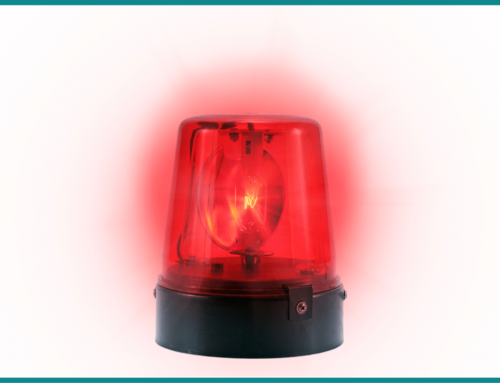Lots of people are asking “why am I so angry?” right now. They’re struggling with the emotion – how it makes them feel and the impact on others. I’m also aware that I spoke of “harnessing anger” for good in last week’s blog, and some of you are wondering how to do that. And so I thought this was worth a bit more exploration.
Anger in Chinese Medicine
In Chinese Medicine, anger is the emotion of the Wood Element and is aligned with growth, expansion, change, birth (think springtime vibes). And in health, this is a positive thing. It’s the energy of transformation – the power that gets the seed out of the ground to burst forth as a green shoot, or the force that enables the chick to break out of the egg.
But as soon as it tips into excess or deficiency, there are problems. Here, Chinese Medicine recognises the issues of frustrated movement and growth, on our physical, mental and emotional health. Where the rage is burning uncontrollably, spilling out constantly or blasting forth sporadically like a volcano, or locked deep within causing issues there. And it also recognises “lack of anger” where we are defeated, disengaged, depressed and no longer moved by the things that should move us.
Certainly, in modern society, anger is loaded with negative connotations. And that’s because when we do see it, it tends to be in the realm of excess, not that calm power that means we can step forward and make change. Or the healthy aggression that enables us to defend ourselves or others, hold our boundaries, mark our territory.

Anger is Anxiety
We tend to think of the angry people as the “bad guys”. And yes, I totally get that it can wreak pain and havoc.
But I know many people who really struggle with the anger they feel. Not only the regular flashes but also the shame, guilt, exhaustion and remorse afterwards. And loading this judgement onto it, only makes things worse as shame and guilt further chip away at resilience, activating the nervous system meaning the next bout of anger is likely to be along very soon.
Anger is the fight of fight-or-flight. It is 100% a stress response and a sign that your nervous system is perceiving danger – either real danger or picking up on very real clues of in your environment and physiology of distress, unease or unresolved difficult memories from another time.
Essentially, it’s no different from anxiety – an emotion or behaviour manifesting because of dysregulation or threat. But we tend to load it with more judgement than anxiety (particularly with females I reckon).
Why I am feeling so angry?
And so the answer to this question is because you’re really stressed. So you’re:

How can I manage my anger?
So next time the anger comes, try not to load it more with guilt and shame. Treat yourself with the same compassion as you would a friend who had just had a panic attack. Give yourself time to recover and nurture yourself. And when you feel more calm and grounded, of course, move to build bridges with those you’ve hurt and you want on your team.
And of course, here’s my usual mantra of getting on top of your stress, working with your nervous system with regular check-ins and regulating exercises. This will begin to lessen the anger in frequency and intensity.
And with that lucidity of thought and regulation of your nervous system, try and look deeper into what’s really going on. How are you managing your general stress levels right now? What is making things difficult for you? Is there something or someone specific? What would you like to do about it? What feels possible? How much of this is coming from unresolved difficulties from your past that are ready to heal?
This isn’t about a shortcoming in you, some malfunction that will never fix. This is about a wonderful system that is keeping you safe, that has got you this far, that’s sole focus is about getting you through.
But the way it’s doing this might not feel so good, and isn’t helping you to show up as the emotionally intelligent adult you are.
This stuff isn’t easy to do alone. With my holistic coaching and somatic interventions, I help people to dig deep to what’s really going on and resolve old wounds (without having to relive them), letting the nervous system get back to regulation. And there they can celebrate all that they are and step forward into the life they were always meant to have, in a safe and sustainable way.
Together, we can help you to:
Right now, I’m including these somatic and Polyvagal healing tools in my standard coaching packages and charging a fraction of what other practitioners are. Grab one now before my new packages are launched.






